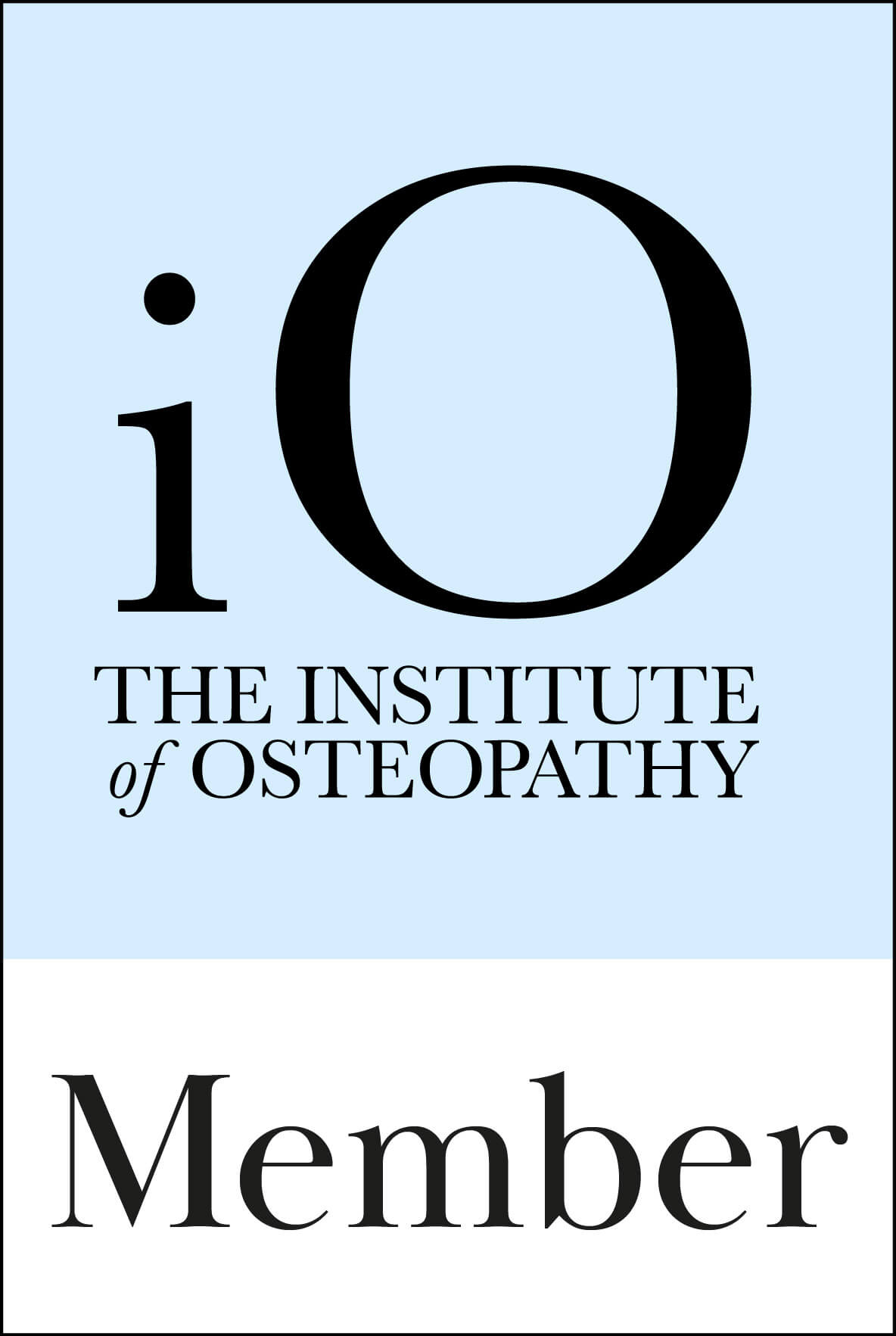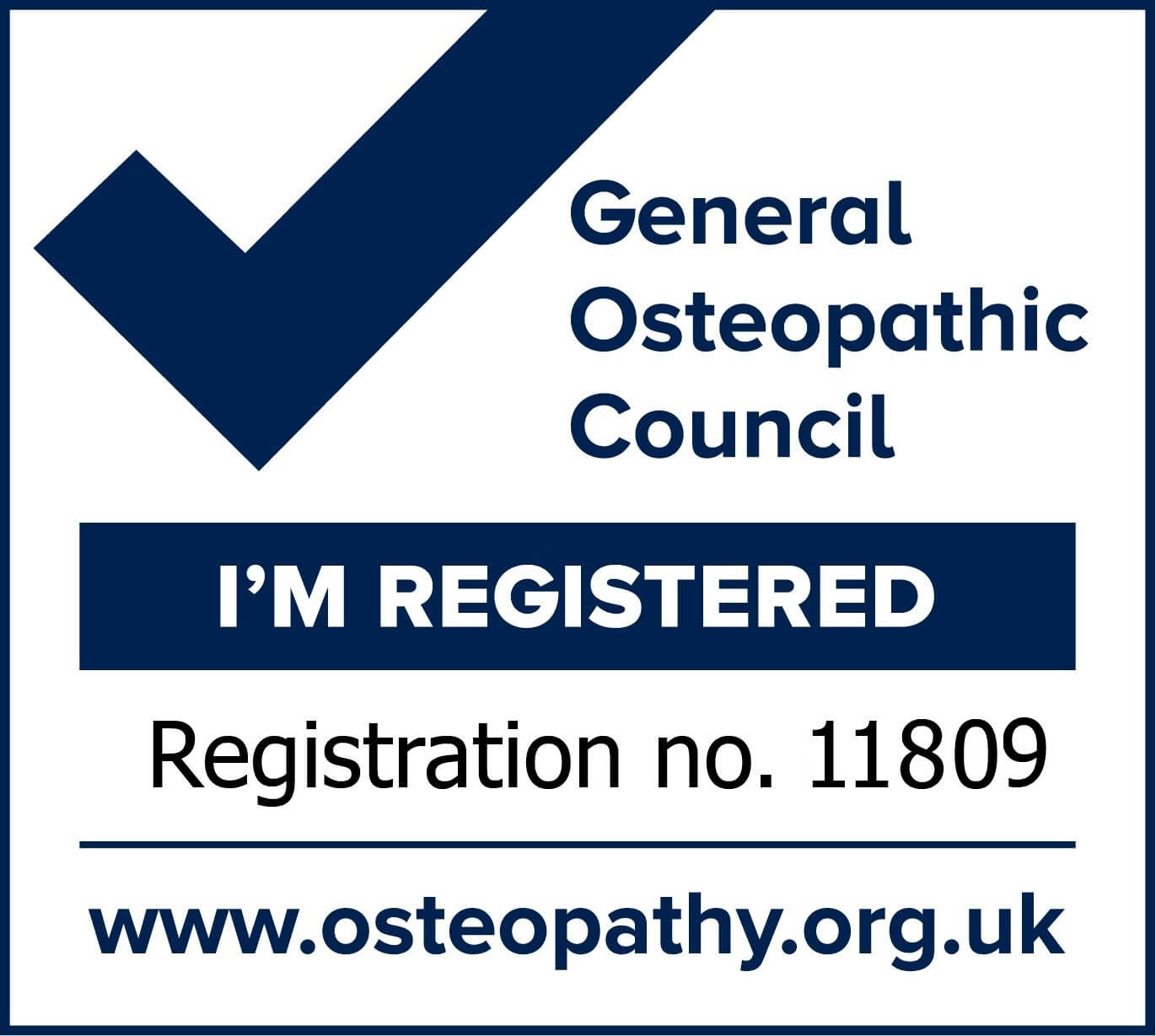
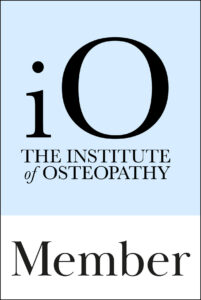


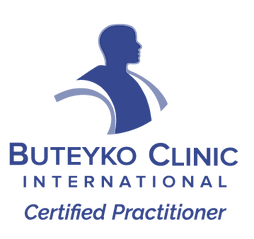
Osteopathy is a system of diagnosis and treatment for a wide range of medical conditions. It works with the structure and function of the body and is based on the principle that the well-being of an individual depends on the skeleton, muscles, ligaments and connective tissues functioning smoothly together.
Osteopaths use touch, physical manipulation, stretching and massage to increase the mobility of joints, relieve muscle tension, enhance the blood and nerve supply to tissues, and help your body's own healing mechanisms. They may also provide advice on posture and exercise to aid recovery, promote health and prevent symptoms from recurring.
Osteopaths' patients include young, older people, manual workers, office professionals, pregnant women, children and sportspeople. Patients seek treatment for a wide variety of conditions, including back pain, changes to posture in pregnancy, postural problems caused by driving or work strain, the pain of arthritis and minor sports injuries.
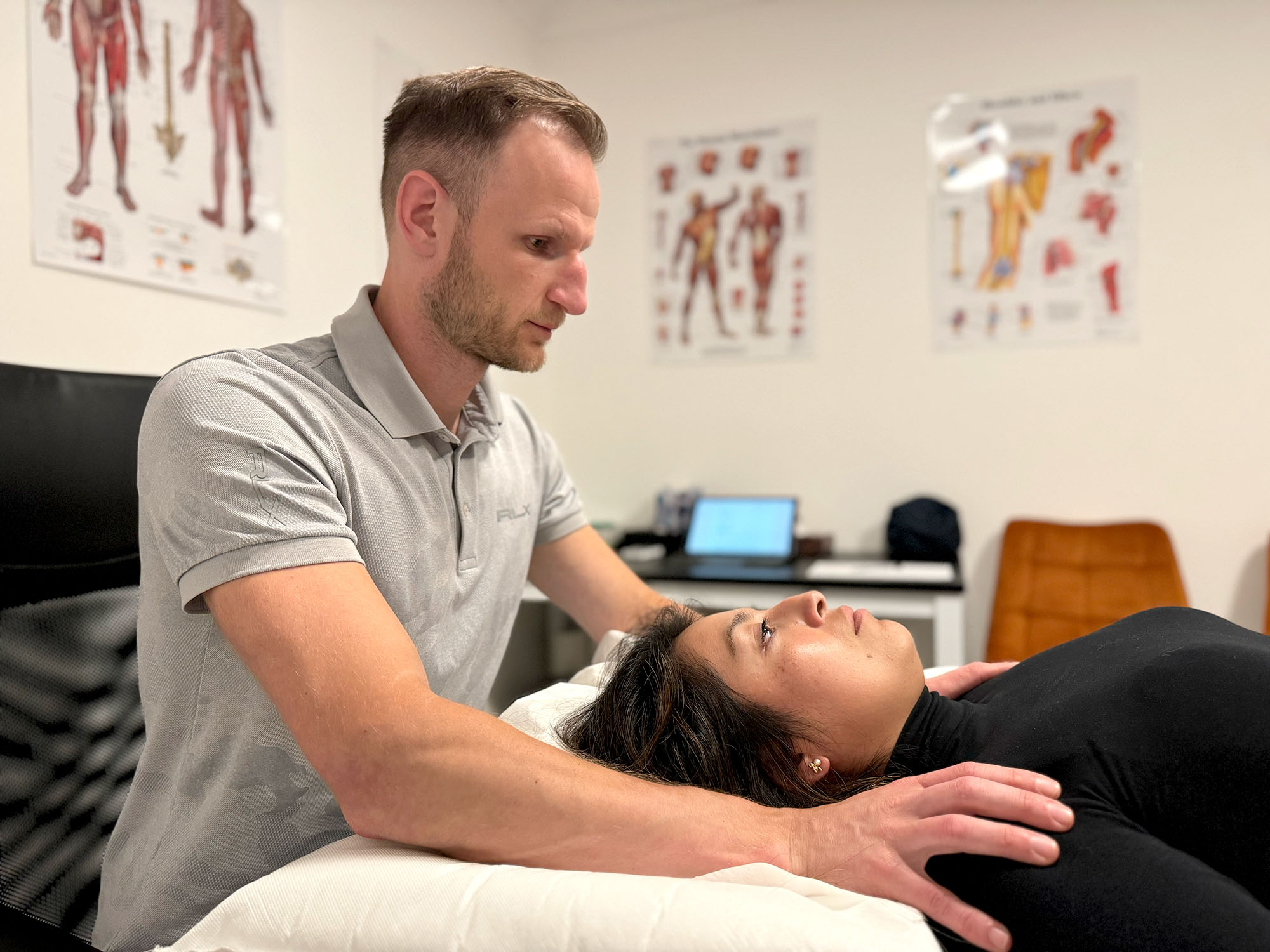
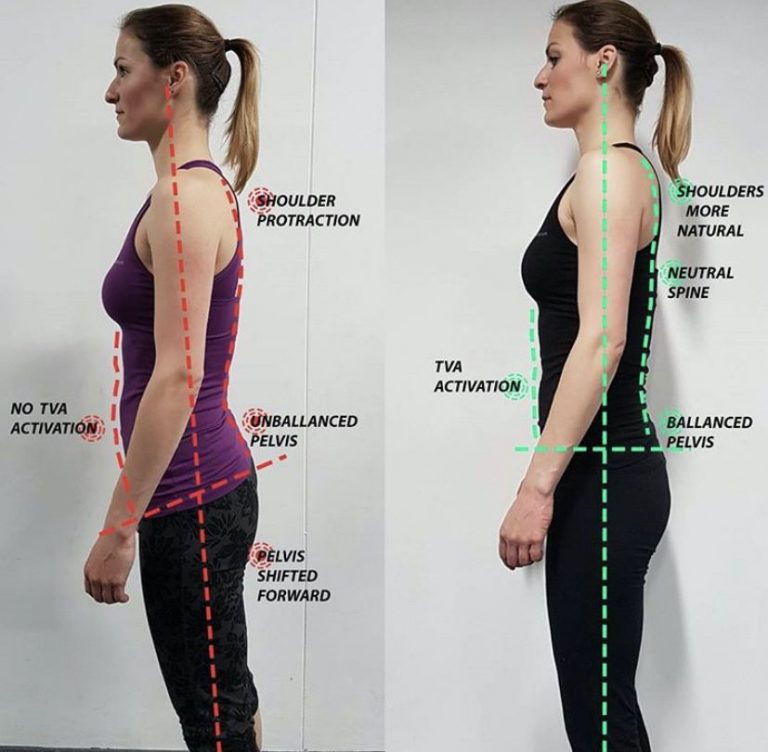
A unique combination of osteopathy, functional training, corrective breathing, postural and tongue exercises is designed to address pain at its root and promote long-term relief. The result is a more balanced, pain-free body that can handle daily life and physical activity demands.
With the Functional Therapy Method™, you’re not just treating symptoms; you are empowering your body to maintain lasting health and mobility.
Experience the difference with effective pain relief through integrated care at Functional Therapy. We’re committed to helping you live a pain-free and active life.
Find answers to FAQs about our services, sessions and general info here:
A typical first appointment lasts about 60 minutes, allowing time for a case history, examination, and treatment plan. Follow-up appointments usually last 30 minutes. Depending on the nature of your symptoms and expected outcomes, we may recommend longer appointments (60 minutes), which we will discuss with you when booking.
Treatment may involve a variety of techniques, including:
Every person is different, so treatment is tailored to the individual. Some treatments may involve all of the techniques mentioned, while others may only require one type. Regardless of the treatment techniques used, we will always inform you and gain your consent before proceeding.
Due to the physical nature of the treatment, it’s not unusual to feel sore within the first 24 to 48 hours after your appointment. If you have any concerns, please contact us for advice.
It may take more than one visit to fully resolve your issue. We will review your progress at each subsequent visit and will always seek your consent before making any changes to your treatment plan.
Here are some helpful tips for reducing any discomfort after treatment:
Stay hydrated: Drink plenty of water to help flush out toxins.
Hot baths or showers: These can help relax your muscles, but please check with your osteopath to see if this is appropriate for you.
Stay active: Keep your muscles moving and the blood flowing by going on walks and avoiding long periods of sitting.
Due to the individual nature of each complaint or injury, it’s difficult to provide a general timeframe for recovery. However, after your first treatment, we will be able to give you a more informed prognosis and discuss when we expect you to recover. Typically, the longer you’ve had a problem, the longer it takes to improve, so we encourage patients to come in sooner rather than later.
We often ask patients to undress to their underwear during treatment to allow for a full assessment. However, we understand that some patients may be uncomfortable with this, so we can modify the approach. If you prefer, you can wear a strappy top or sports bra (preferably one that fastens at the back) or even remain fully clothed. We will work around your comfort level.
No, you do not need a referral to see us. Osteopaths are primary healthcare practitioners, meaning they can diagnose musculoskeletal problems and provide treatment based on that diagnosis.
Of course, we can treat you. However, we do not work with private insurance companies.
A typical first appointment lasts about 90 minutes, allowing time for a case history, examination, and treatment plan. Follow-up appointments usually last 30 minutes. Depending on the nature of your symptoms and expected outcomes, we may recommend longer appointments, which we will discuss with you when booking. We also offer free 15-minute consultations to discuss the suitability of treatment.
The main difference between an Osteopath and a Chiropractor lies in their approach to treatment. Osteopaths take a more holistic approach, focusing on treating the body as a whole. Osteopathy utilises the full spectrum of chiropractic approaches while placing a greater emphasis on systemic health and biopsychosocial factors. This allows us to understand the patient's body and symptoms in greater depth. Additionally, we prescribe exercise programmes to accelerate recovery. Osteopathy is accredited by the NHS as an Allied Health Profession, enabling us to serve as primary care providers alongside general practitioners.

